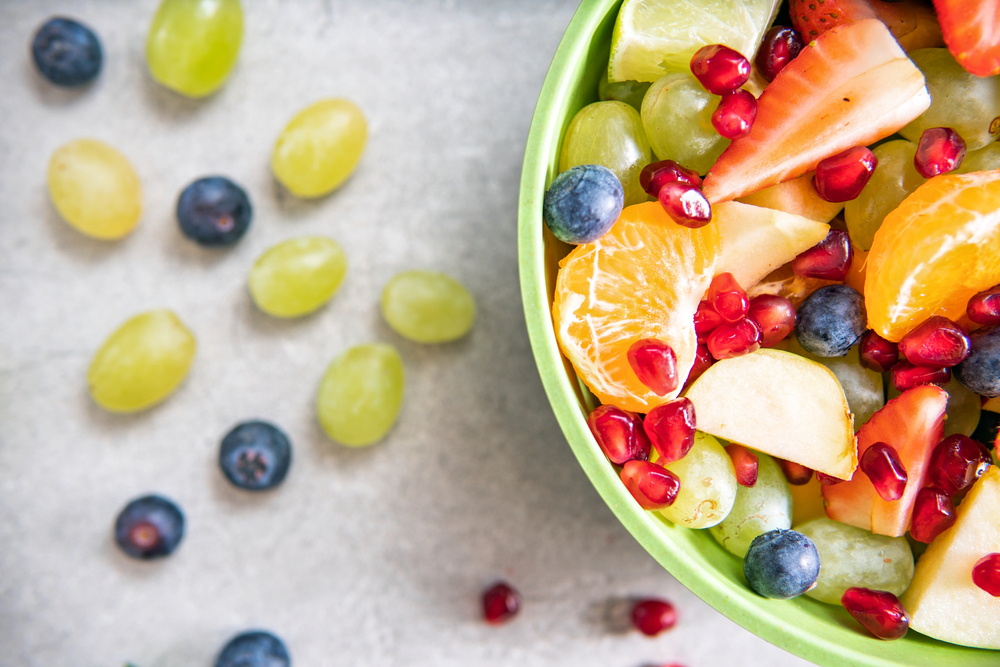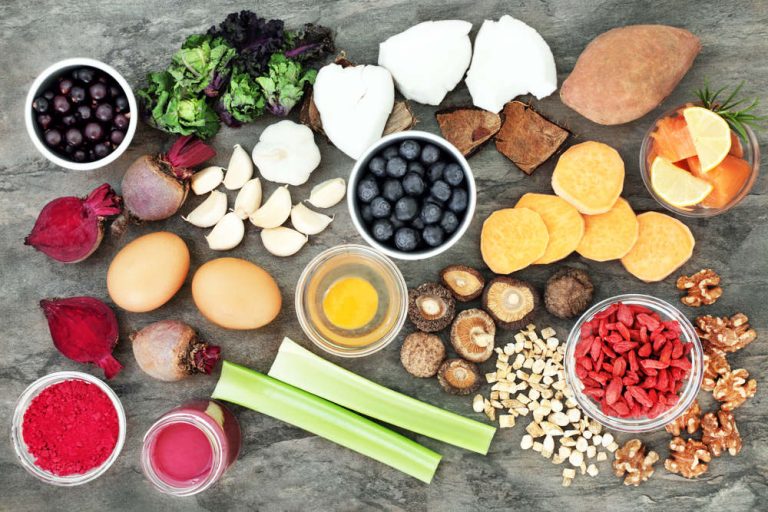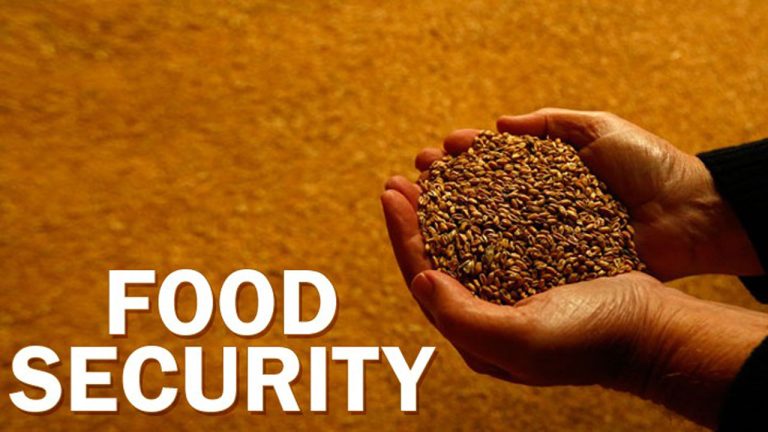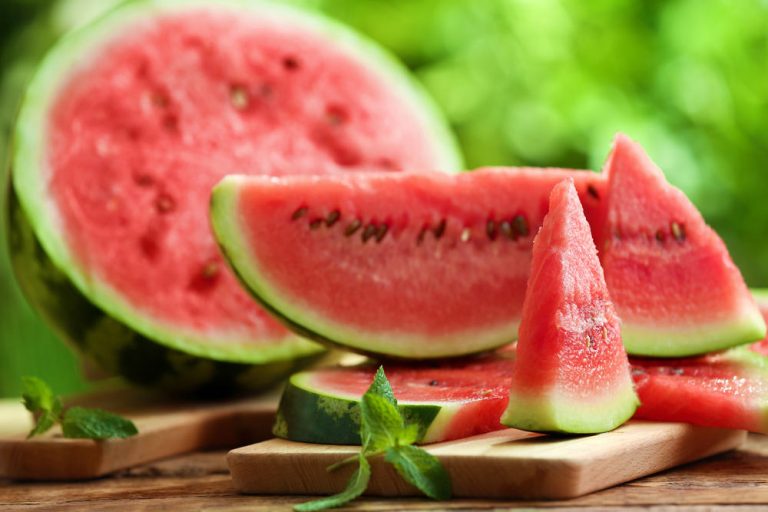Nutritionists weigh in on the best fruits to support good health if you’re in the process of adding more fruit to your diet. Consider loading up on these antioxidant-packed superstars as a snack, blended into a smoothie — or as a part of a balanced, healthy breakfast or lunch. They’re truly easy to work into just about any meal. And as you’ll see, doing so is a very smart move.
Blue berries
Blueberries have been shown to prevent the development of cancer and diabetes.
Add tiny but mighty blueberries to your next bowl of cereal or oatmeal. Marie Ruggles, the New York City- based author of “Optimize Your Immune System: Create Health & Resilience with a Kitchen Pharmacy,” called these berries her favorite fruit.
“Compounds in berries have been shown to regulate cell behavior, leading to a protective effect on the prevention and treatment of several dreaded diseases including cancer, diabetes, and heart disease,” she said, citing this research.
“Berries, in general, make for a very healthy addition to any diet. Frozen berries are a great option for those times of the year when the fresh options are more limited,” Ruggles added.
Jinan Banna, a registered dietitian and professor of nutrition in Hawaii, added that a review of the health- promoting properties of blueberries highlights some evidence about blueberry consumption and disease prevention. “The review mentions the antioxidant content of this fruit as being key in promoting health,” she said.
Apples
Apples have great health benefits; they provide great fiber. (Fannin County Chamber of Commerce).
You know the saying … (“An apple a day …”). Well, it may be high time to incorporate this nutrient-dense fruit into your diet.
“Apples are a great choice, as they provide fiber and important micronutrients,” said Banna.
“Their benefits in terms of prevention of chronic disease such as cancer have also been highlighted,” she said, noting a particular scientific article.
Food Securit Magazine without Vision statement.cdr
The authors mention the rich phytochemical content, which has the potential to improve health and reduce disease risk.
Mangos
Mangoes are a great source of fiber and can help with digestion. They’re also good for skin and hair because of their high Vitamin A content.
This tropical fruit is worth adding to your meals, according to experts.
“Mango is a good source of fiber, which is important to help you stay full and have healthy digestion, among other functions,” said Banna.
“As a fruit, mango does not have any added sugar that you would nd in packaged foods, but does contain sugar naturally.”
“Mango also contains many vitamins and minerals that are essential for the body’s functioning,” she said, adding that mango is a good source of vitamin C, vitamin A, copper, folate
and others. It also contains numerous antioxidants.
Two such antioxidants? Those would be beta-carotene and zeaxanthin, the latter of which may reduce the risk of age-related macular degeneration.
“It does so by filtering out harmful blue light rays and protecting eye health,” said Kansas-based registered dietitian Cheryl Mussatto.
If you want a smooth complexion and shiny hair, Mussatto also urges people to reach for a mango.
“Vitamin A is abundantly found in this fruit, necessary for the growth of all body tissues, including skin and hair,” she told Fox News Digital.
“The production of sebum, an oily, waxy substance secreted from the sebaceous glands, is not possible without vitamin A,” she said. “Sebum helps waterproof and lubricates our skin and hair.”
Bananas
Bananas are rich in potassium, magnesium and more.
The tasty fruit is also a boon to your health.
“Bananas are a good source of potassium, as well as manganese, magnesium, vitamin C and vitamin B6,” said Banna.
“They also contain bioactive compounds that are implicated in disease prevention,” she said.
Pears
Soluble fiber is the predominant fiber found in pears, specifically pectin.
“The modest, underrated pear packs a trove of health benefits,” said Mussatto.
“You wouldn’t guess, but pears are one of the highest fiber fruits around, with an impressive six grams found in a medium-sized fruit.”
“Each day we need 25-30 grams of fiber — and eating pears is perfect for reaching that goal. Soluble fiber is the predominant fiber found in pears, specifically pectin.
”She said as well, “Pectin may help improve digestion, lower cholesterol levels, stabilize blood sugar, and possibly prevent certain cancer.”
Another bonus of eating pears?
“The mineral boron, which helps our body retain calcium making bones strong, is also found in this fruit,” added Mussatto.
She said most people can safely eat pears, as they are considered hypoallergenic, meaning those with food sensitivities should be able to eat pears with no side effects.






